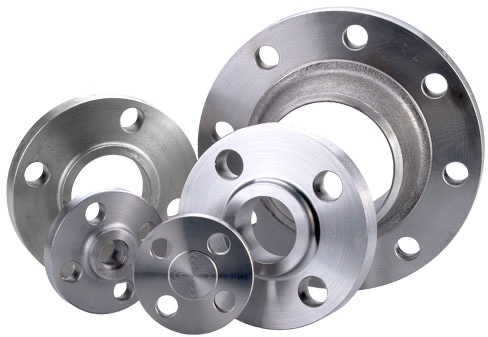When it comes to plumbing systems, various components play crucial roles in ensuring efficient and reliable operations.
One such component that is helpful and versatile for joining pipes in a range of industries is the socket weld flange.
Understanding socket weld flanges can be useful whether you work in chemical processing, oil and gas, or construction.
What are Socket Weld Flanges?
A socket weld flange is a type of pipe fitting designed to connect pipes or other components using a welded joint.
Socket weld flanges are welded straight onto the end of a pipe, as opposed to traditional flanges, which need to be bolted or threaded.
This ensures strength and durability by establishing a permanent and secure connection.
Explaining in Simple Terms
Imagine you have two pipes that need to be joined together. A socket weld flange functions as a unique connector that can be welded onto the end of each pipe, eliminating the need for clamps or screws.
This way, the pipes are permanently attached, forming a strong and leak-proof joint.
Applications of Socket Weld Flanges
Socket weld flanges find widespread use in various industries due to their versatility and reliability.
1. Oil and Gas Industry
In the oil and gas sector, socket weld flanges are used in pipelines, processing plants, and offshore platforms.
They are perfect for processing and transporting hydrocarbons because they can withstand high temperatures and pressures.
2. Chemical Processing
The chemical industry relies on socket weld flanges for their piping systems.
These flanges ensure the safe and effective transportation of chemicals by enduring acidic materials and harsh environments.
3. Power Generation
Socket weld flanges are frequently used in power plants’ piping systems for important operations like cooling water circulation and steam distribution.
4. Construction and Manufacturing
Socket weld flanges are used in manufacturing and construction settings to connect pipes in a variety of systems, including industrial processes, gas distribution, and water supply.
Advantages of Using Socket Weld Flanges
Socket weld flanges offer several advantages over other pipe connection methods, including:
1. Strength and Durability
With socket weld flanges, a welded joint is produced that is incredibly strong and resilient, able to endure high temperatures and pressures without losing its integrity.
2. Leak Prevention
By creating a continuous, seamless connection, socket weld flanges lower the possibility of leaks and guarantee a tight seal.
3. Space-Saving Design
The compact design of socket weld flanges makes them appropriate for installations with limited space.
4. Ease of Installation
Socket weld flanges are relatively easy to install; all you need is the right tools and welding experience, as opposed to other flange types.
5. Cost-Effectiveness
Socket weld flanges are often a more affordable option, especially when taking into account their longevity and maintenance needs.
Conclusion
Socket weld flanges offer a reliable and efficient solution for connecting pipes in various industries.
These flanges offer strength, durability, and leak prevention in a variety of applications, which include chemical processing and building.
You can choose the right piping for your needs by being aware of its benefits and applications.
